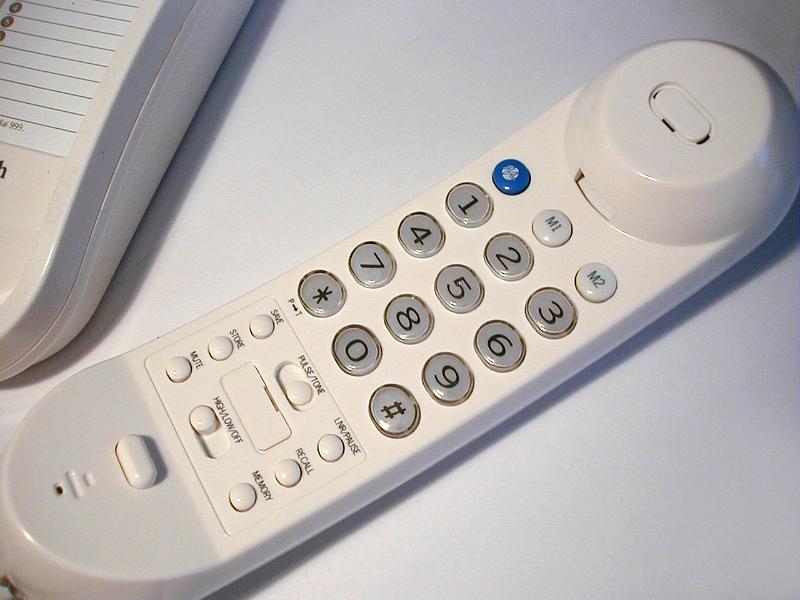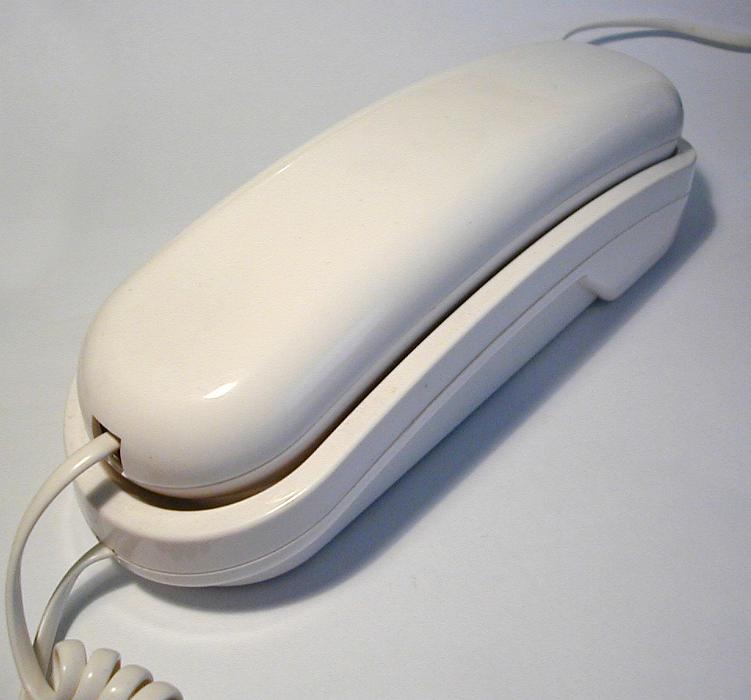What do you think of when you hear the words ‘call center’? Typically, people think of someone in another country answering questions for someone hundred of miles away. So just how can someone who is so far away from your customer actually help a business effectively manage your customers?
image via: www.freeimages.co.uk
Tech Support
A business should be able to offer technical support services to help to resolve technical queries that customers may have. By providing this service, a business ultimately will gain the trust of their customers, which, eventually, leads to earning more profits. An inbound call center can help to provide that technical support needed to keep customers one hundred percent satisfied.
Customer Support
Customer support and service doesn’t end the moment a transaction is finished. Customer service and support lasts as long as a customer continues to use your product or support your business. This is why inbound call centers are an appropriate solution when it comes to resolving customer issues that are post-sale. Additionally, these centers also help to resolve pre-sale queries, as well as inform customers of any pre-sale requirements they may need to meet in the future. Ultimately, this prevents any miscommunication or misunderstanding between business and customer, so everyone is happy.
Answering Service
A consumer’s world today is filled with so many choices that if they reach an answering machine or someone is not available to answer their question, they will go somewhere else. As a result, a potential sale and loyal customer is loss. With an inbound call center, new and existing customer queries, questions, and concerns can be addressed in a timely manner.
24/7 Support
Again, not only is a customer’s world vast and full of options, it is also not on any one specific time. This means that there are customers all over the world in different time zones that need help. With in bound call centers, there is 24/7 help available to guide, direct, answer, or resolve any questions or problems new or existing customers may have. This helps to eliminate loss of customers or sales with round the clock support.
In bound call centers can dramatically improve the rating of customer service as well as improve customer relationships between business and client. Call centers can make a business more trustworthy and reliable, making that business the new industry standard for successful business operations and customer service management.
What customer service means to you and what customer service means to the customer are two totally different things. Ideally, the answer would be completely universal, however, the answer is as unique and different as is the customer base. People will describe customer service in many different ways. What customer service means to a retailer versus what it means to an actual customer are often two entirely separate things. To make things easier for business and call centers, here is a list of three ways to handling difficult customers.
Don’t Get Caught in Emotion
This is hard to do, but getting caught up in emotion is the fastest way to lose a customer. So, take a deep breath and begin by calming down an unhappy customer. Remember, if a customer is angry, it’s not something an employee or an inbound call center employee should be taking personally. This anger is either directed at a product or a service that has been provided by a business. Call center reps that distance themselves from the heightened emotions ensure that the customer’s complaint is acknowledged and the situation is resolved properly.
Repeat the Problem and Apologize
As a call rep, it is important to always place yourself in the shoes of the person that is angry. Ensure that this customer is understood and it is helpful to repeat the facts, as well as to apologize and empathize with the customer. Of course, remember to do so in a sincere manner to show that you care.
Offer Them Something of Value
It is hard to be yelled at over the phone at someone who is hundred, if not thousands, of miles away. Even if, you, as a call center employee, don’t have the authority to offer something of value, go above and beyond and try. Customers are lost in this stage. Offering complimentary services or products help to ensure to a customer that their problem is valid and that they are valued as a customer.
image via: www.freeimages.co.uk
Understanding trends in customer service is a high priority for all organizations. Customer service can dramatically improve and increase, not only the success of your support team, but your base of customers as well. Proper customer service training for both employees and inbound call center employees is essential in ensuring customer satisfaction and customer retention.
How Inbound Call Centers Can Measure Your Customer’s Loyalty
A business can measure their customer experience many different ways. Customer surveys, email marketing, and mystery shopping are a few different ways businesses can collect customer service data. However, there are wrong ways in which a business can collect customer experience data. Measuring customer experience data is a critical part in the progress and success of a business. A proper measurement of customer satisfaction is an integral part of a business’ success. With that being said, inbound call centers can help to gather data that can help to measure a customer’s loyalty while also being an integral part of a successful business.
Customer Satisfaction Score
Also know as the CSAT, it is a time tested metric that targets the customer variations of a specific question. More specifically, the question, “how would you rate your experience interacting with our sales/customer service/support department?” This question can be answered in a scale ranging from very unsatisfactory to very satisfactory. Ultimately, what this data reveals is how satisfied a customer is with not only the product, but the support as well. Inbound call centers are a wonderful resource, however, like any resource, without proper monitoring can have adverse impacts to the brand, business, or service.
Net Promoter Score
A score that was introduced to account a lack of predictive power of CSAT in terms of customer loyalty, this type of score helps determine if an existing customer would recommend a service, business, or product to a friend. Why is this important? Well, nothing travels quite like word of mouth. No matter how much marketing and advertising you do as a business, what it ultimately comes down to is how well your brand and business spreads by word of mouth. Inbound call centers can help to collect this type of data so a business can apply it to their in-person customer support and employees.
Customer Effort Score
This type of scorecard takes a new approach and measures customer satisfaction based on how hard the customer had to work to get an issue resolved. This is most ideal for inbound call center services, as their primary function is to help customer off site. In this phase of scoring, customer service ranking determines the loyalty. It is in this phase that customers can be potentially lost or gained.
Measuring customer satisfaction involves multiple factors. It is important for both a business and an inbound call center to get creative, stay relevant, and remain unobtrusive. This can be achieved by ensuring that both the call center and business have the same goal—and that is serving the customer.
There are a number of ways in which a business can collect information about their customers in order to grow their business. Industry reports, tracking trends, and asking expert help are all great ways to get an idea of what and how your customer is feeling. However, the most effective and useful way to get customer insight is through conversation. Contact centers are a great way to collect and mine customer data and feedback. Here are 3 ways in which customers can teach you about you!
- They Can Teach You About Your Current Product or Service
After launching a product or service, the only way to tell if there are really issues going on is through customer complaint tickets. An in bound call center can help to collect frequent or common complaints to help a business refine or redesign a product or service to better suit their customers.
- They Can Teach You About New Products or Services
Customers know what they want, but they don’t always know where to get it. If a customer continues to call in with a complaint, followed by a suggestion, it’s time to consider taking that suggestion seriously. Otherwise, customers may look elsewhere for a product or service that better suits them. Unfortunately, call center agents don’t always relay this message, which is why it’s important for businesses to keep a solid relationship with call center managers.
- They Can Teach You About Competitors
As a business, it’s hard to keep up what all that is new and coming out into the market today. If customers are not receiving a particular product or service through your business, they will definitely be letting you know. As a business, it’s important you take these points seriously. Otherwise, you may see a loss of business as customers move to providers who offer the products or services that best suit them and their needs.
A business can learn something new about their products, service, and practice with every customer interaction. An inbound call center helps to collect that data and store it for a business to use for their profit. Remember, a successful business is about 20% sales and 80% customer service. With inbound call centers, that 80% of customer service can be spread out to highly trained customer service specialists to increase business profits and improve customer relations.
Learn how to make the most of the current leads you have right now by using a call center.


